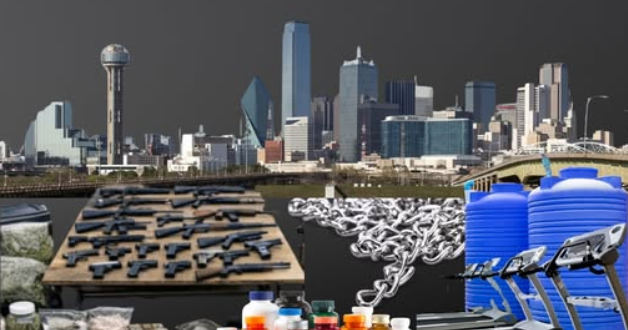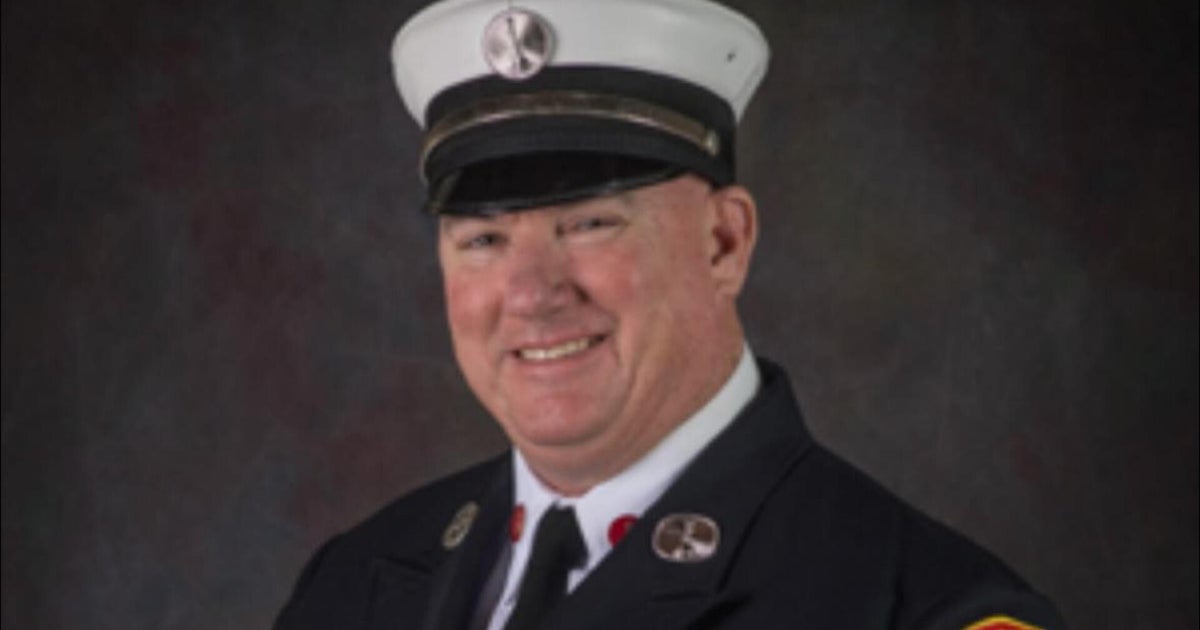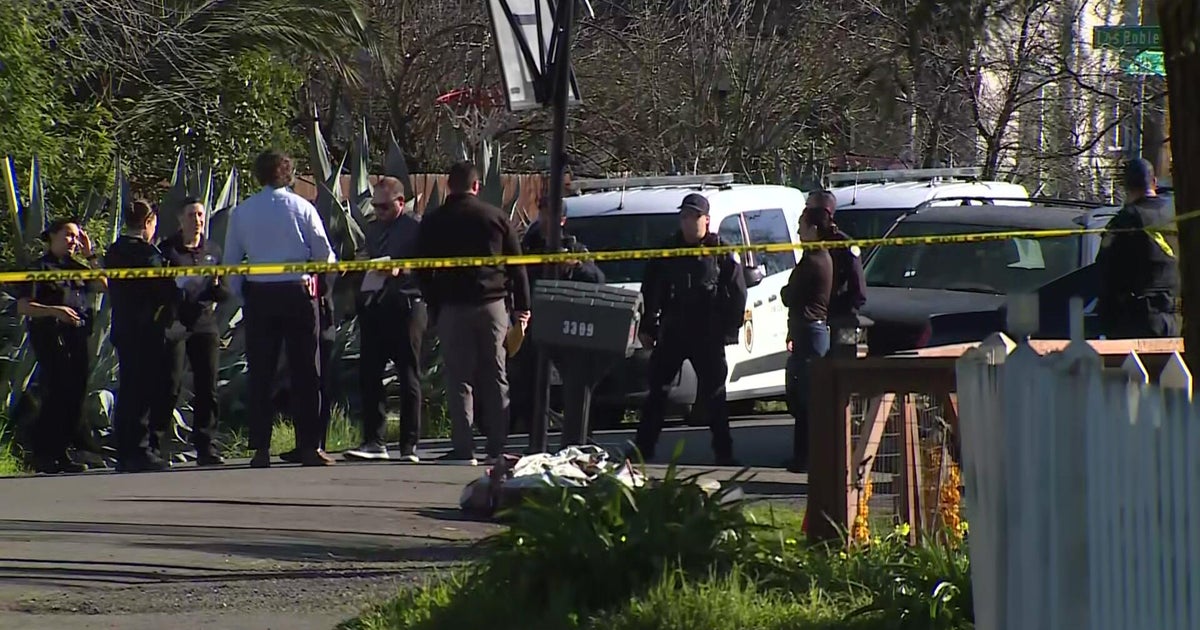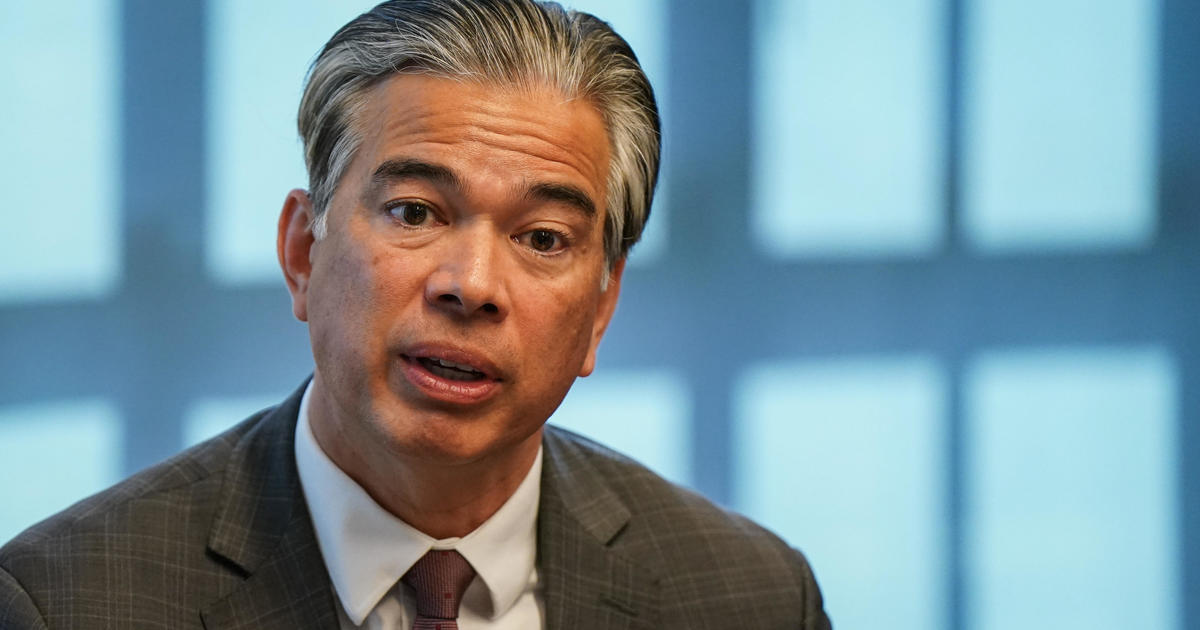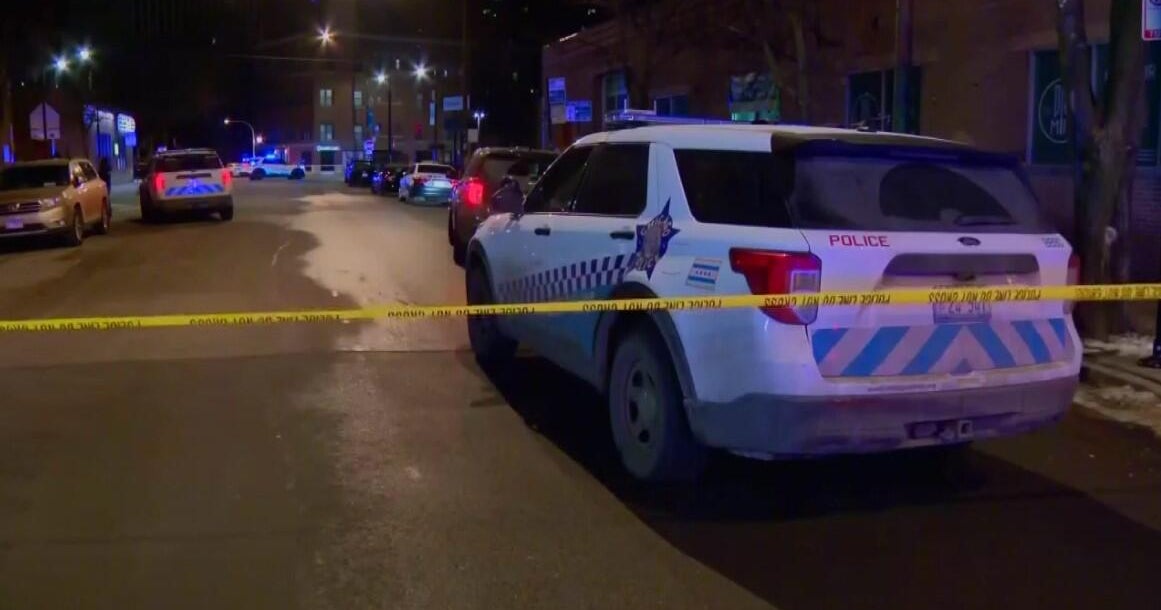North Texas Officer On Jordan Edwards Case: 'The Loss Of That Kid, Everybody Grieves With That'
DALLAS (CBSDFW.COM) - The murder conviction of a former Balch Springs officer has the potential to impact justice in Dallas County, according to some community leaders.
Roy Oliver fired his gun into a carload of unarmed teens, striking and killing 15-year-old Jordan Edwards in April 2017.
With the emotionally-charged murder trial over, some are asking what changes will come for the North Texas community-- and the police officers charged with protecting it.
"If I don't do the right thing in the right time frame, it could cost me my life," says Terrance Hopkins, a veteran Dallas police officer and President of the Black Police Association of Greater Dallas. "It's tough. It's a very tough situation."
Hopkins says officers mourned with the community following Edwards' death. And yet Hopkins calls Oliver's murder conviction a chilling reminder of the high cost of making a mistake.
"Some officers will hesitate," he admits, "I'll be honest with you. Some officers would hesitate because now you're thinking, 'if I pull this trigger, I'm going to be held accountable. And I should be held accountable, and that says a lot, because if my split second decision is wrong, now I'm in the same position."
Other departments CBS11 contacted declined to comment publicly.
However, other North Texas officers told CBS11, the murder conviction has departments re-evaluating everything from training to officers' off-duty use of social media, saying they want to do everything possible to make sure that an officer's split second decision to use deadly force, is a good one because the consequences are life-altering for everyone involved.
"Anytime there's a fatality, there's a loss of life," adds Hopkins. "What a lot of people don't realize is that officers feel the same way. We're people, too. You have parents, cousins, uncles... It's almost the same, and a lot of people don't realize that."
Hopkins spends time off duty hosting a call-in internet radio show, hoping to help the community see officers as the individuals they are: friends, neighbors, parents.
"One officer asked me, 'if that was your child, you'd want justice', and I said, 'you'd better believe I would!'
So the veteran officer has this request of the community, now.
"Continue to pray for the family: the loss of that kid, everybody grieves with that."
And yet, he says that it's important to distinguish between a 'bad' officer and a 'bad' decision. because he says that could happen to anyone. And he uses himself, a 28-year veteran, as an example.
"They could say, 'he's a good officer, he's stellar'... and I can go out there tonight and make that decision that costs me all of that."

